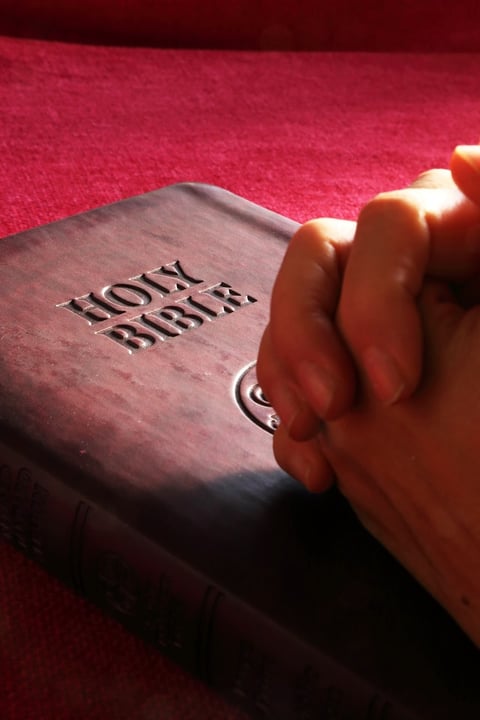An analysis from the University of Chicago finds more similarities than differences in the morals driving atheists and believers in God, challenging the notion of the amoral atheist.

(CN) –-- One doesn’t have to believe in God to believe in goodness, according to an analysis published in PLOS ONE on Wednesday analyzing various values driving the morals of atheists and religious believers.
This finding challenges many people's belief in belief itself.
A 2020 Pew Research poll revealed 45% of 38,426 people polled across 34 countries think believing in God is fundamental to being moral and having good values.
“Many people are worried either that atheists do not have a strong sense of right and wrong, or that they will act immorally when they can get away with it, because they do not believe in a monitoring God,” said the study’s author Tomas Ståhl. Ståhl is an assistant psychology professor at the University of Illinois at Chicago.
“The question then arises, is there any truth to these concerns?” Ståhl explained. “Do atheists care less about morality, or do they at least think differently about morality than religious believers do?”
To answer this question, Ståhl conducted four surveys reaching more than 4,000 believers and non-believers in the predominantly religious United States and in Sweden, which has a high atheist population.
The surveys reached Christians, Muslims, and Jews as well as atheists and agnostics. Because the study used belief in God as a simplified marker of religion, it may have overlooked nuances in the morals carried by people who practice religions that do not center around a god.
Surveys were designed to measure the values that steer an individual’s moral compass, asking whether one is more inclined to value freedom over oppression, or care over harm, fairness over charting, loyalty over betrayal, and sanctity over degradation.
Among other methods, amorality was measured along a Machiavellian personality scale asking participants to weigh statements like “I am willing to be unethical if I believe it will help me succeed” on a five-point scale.
"The central message in this article is that disbelievers do have a moral compass, but that it is calibrated somewhat differently than the one used by religious believers,” the paper found. "The results consistently indicate that disbelievers and believers, in the U.S. as well as in Sweden, are equally inclined to view the individualizing moral foundations, liberty/oppression, and epistemic rationality as important moral values.”
Whether or not the people polled believed in God had little impact on their amoral tendencies or whether they valued caring for vulnerable people, the research found. Atheists were less inclined to adhere to values that contribute to group cohesion like showing respect for authority or ingroup loyalty.
Citing the Moral Foundations Theory, the paper explains that moral values that drive group cohesion are often promoted within religious communities.
“One risk is that people primarily will pick up on the differences found between believers and disbelievers,” Ståhl said. “However, in my research, these groups actually had more similarities than differences in their moral values. Believers and disbelievers share comparably strong moral concerns about protecting vulnerable individuals, about being fair (and not cheat), about liberty and oppression, and about epistemic rationality.”
The University of Kent funded this research through its Understanding Unbelief program.
Subscribe to Closing Arguments
Sign up for new weekly newsletter Closing Arguments to get the latest about ongoing trials, major litigation and hot cases and rulings in courthouses around the U.S. and the world.









